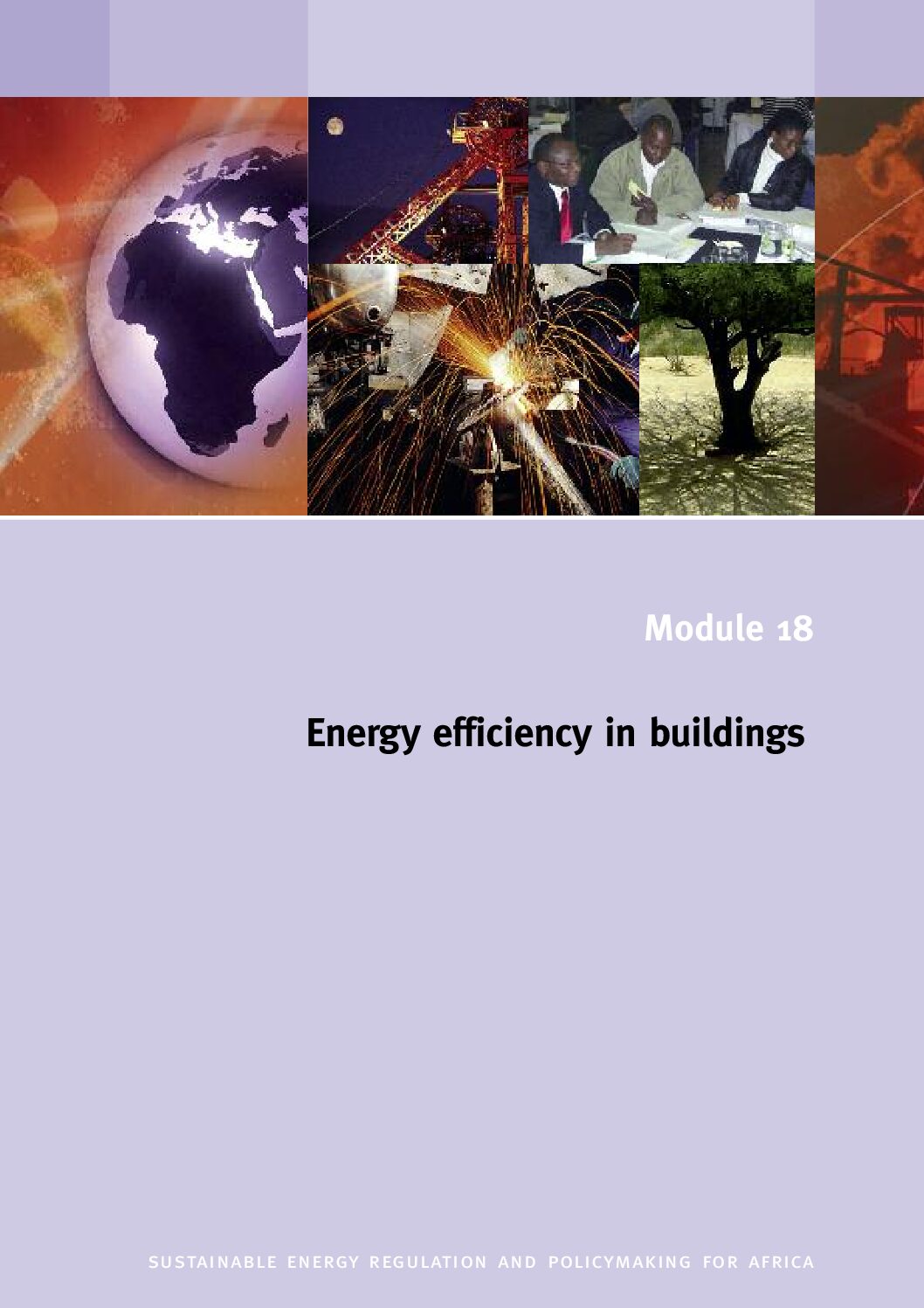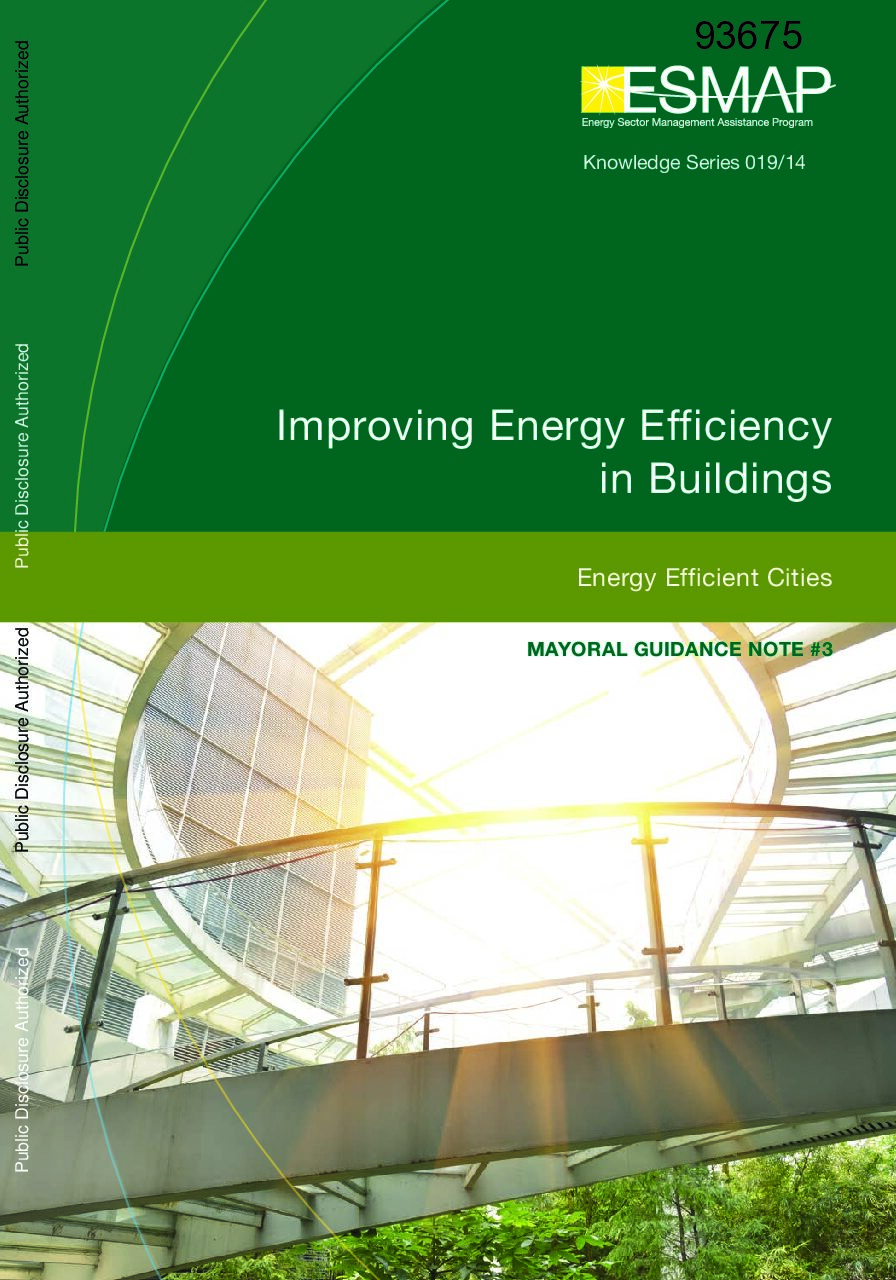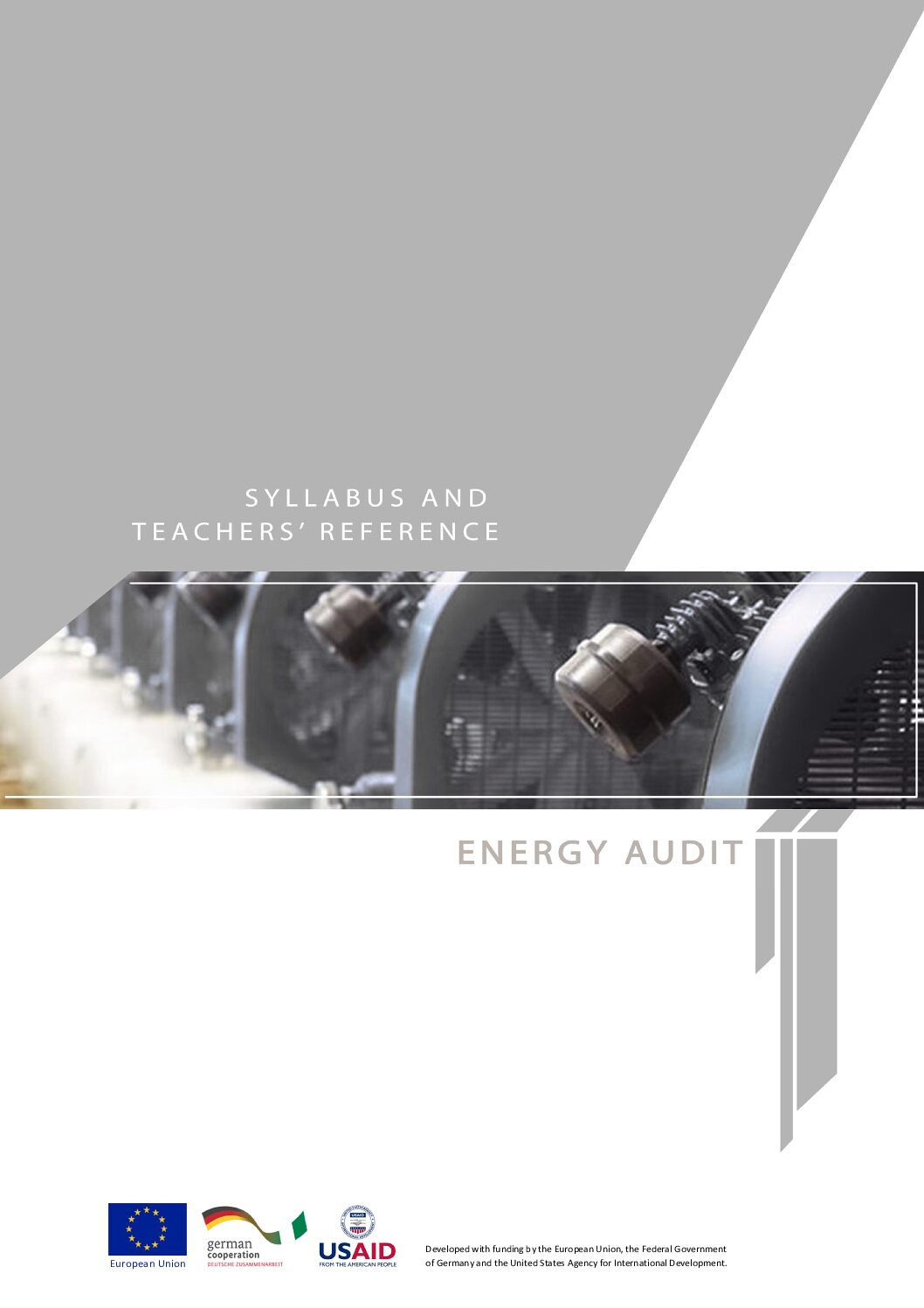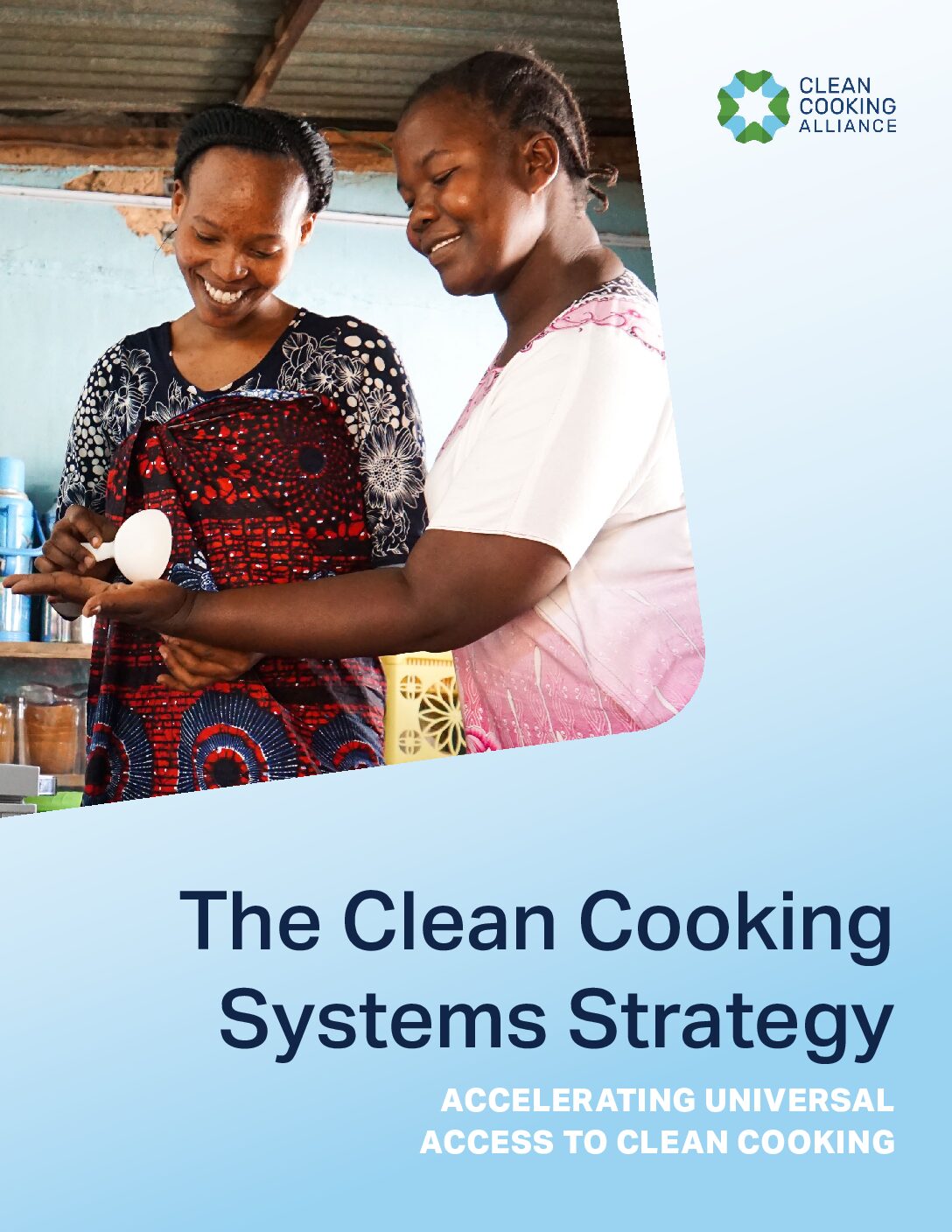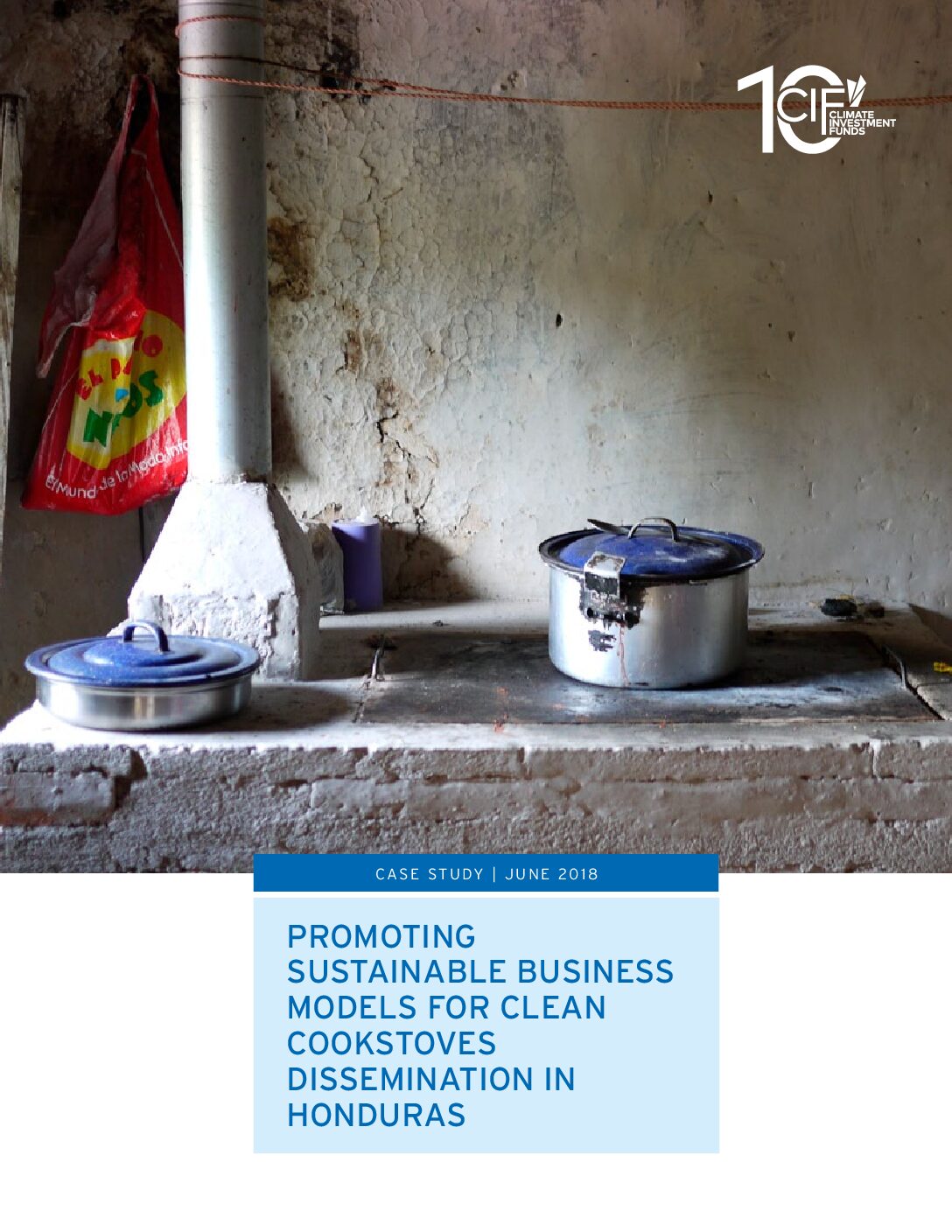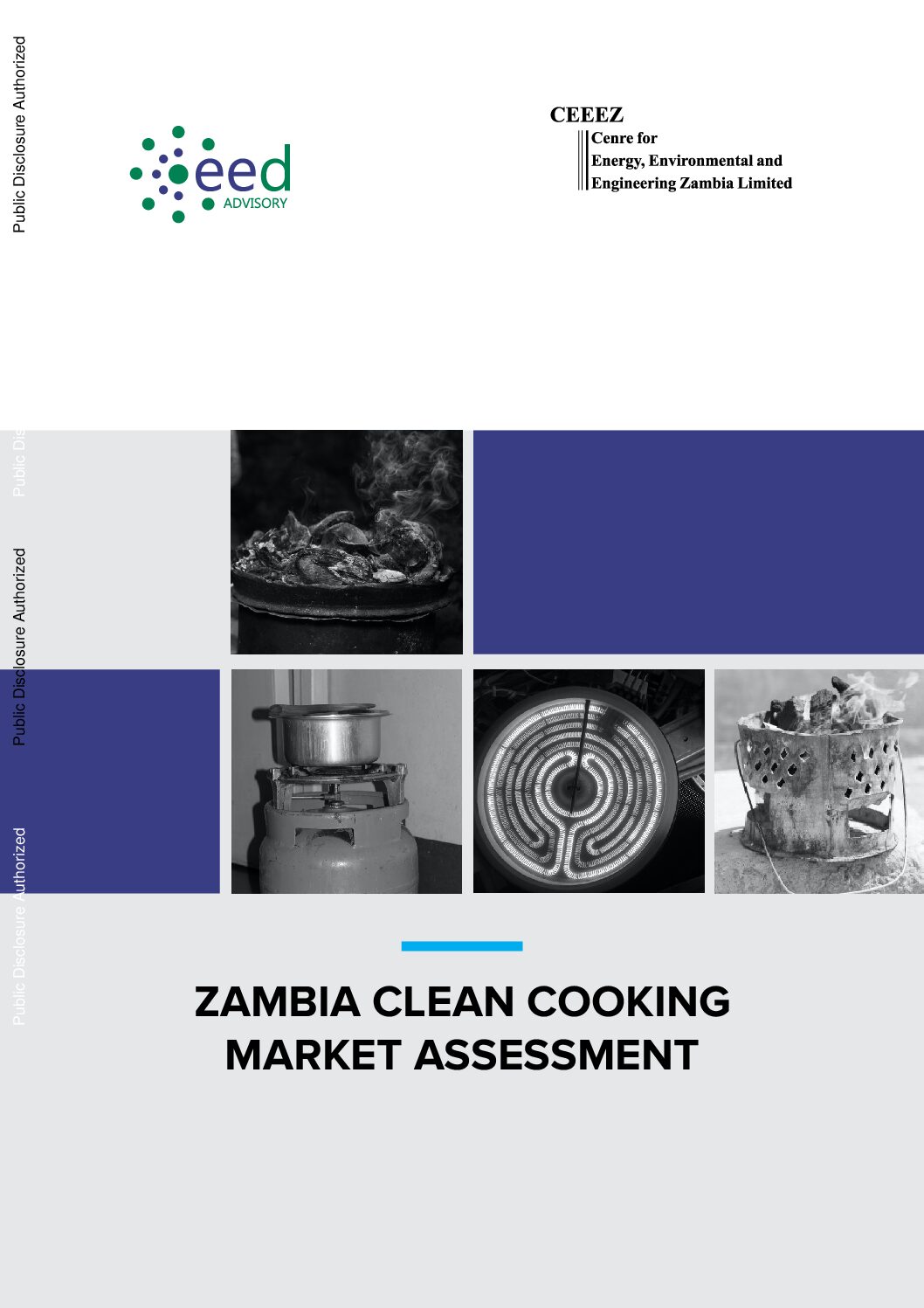This module aims to help policymakers and regulators understand the potential benefits of and opportunities for improving the efficiency of buildings and give them a background on the key issues to be addressed when developing suitable policies and a framework for implementation.
This guidance note outlines how cities can tap into a wide array of proven technologies, policies, and financing mechanisms to improve energy efficiency and capture cost-effective energy savings in buildings.
This is a syllabus for a course to train engineers to conduct energy audits. It contains an overview of lesson topics, reading materials, activities, learning objectives and more. It was developed for Nigerian educational institutions.
This is an ecosystem-wide, global strategy for the achievement of access to clean cooking for all.
This report provides an assessment of the status of clean cooking in Côte d’Ivoire, including a demand analysis, an assessment of the regulatory framework, and a series of recommendations.
This World Energy Outlook Special Report sheds light on the current state of clean cooking, the costs of inaction, and the benefits of boosting access in line with SDG 7.
This case study describes how the PROFOGONES project managed to establish the foundations of a sustainable, demand-driven cookstove market in Honduras.
This page presents the results of a project to develop quality standards for clean cooking solutions in Guatemala
This assessment provides a detailed overview of the Zambian market for clean cooking solutions.
This report illustrates the need for digital monitoring, reporting, and verification (D-MRV) systems to underpin future carbon markets. It discusses the available technologies, and barriers to their adoption, as well as guidelines, tools, and lessons learned to promote the use of these systems.

